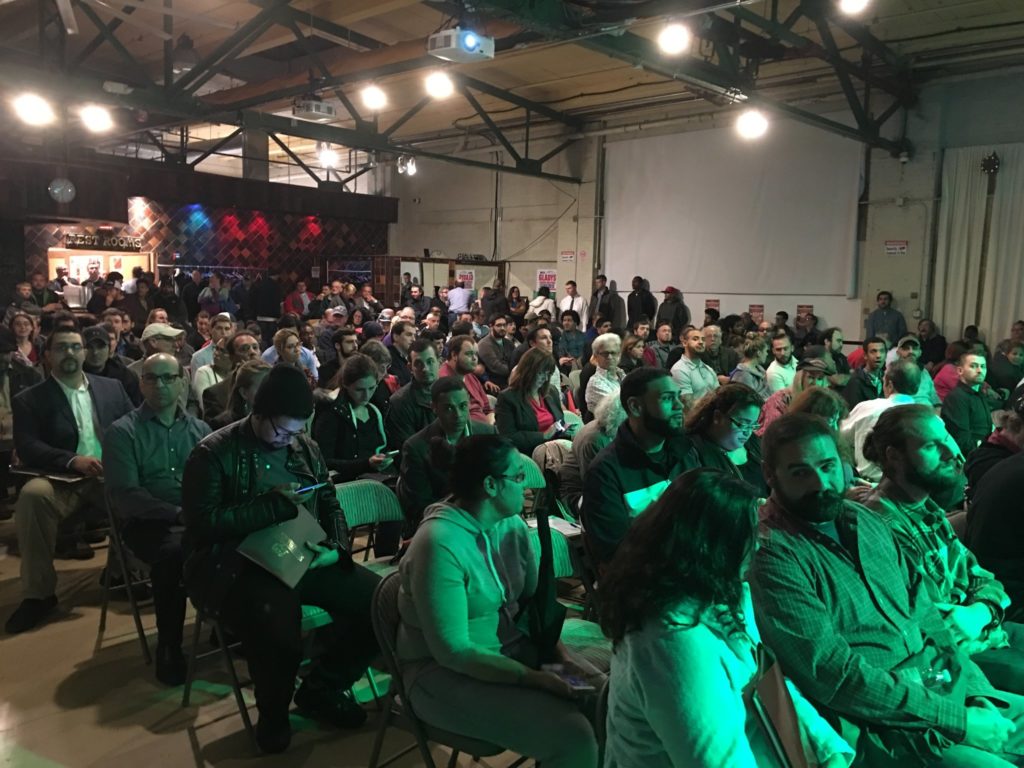HOLYOKE — The City Council’s recreational marijuana moratorium was established improperly and must be redone in a process that will include public hearings, officials said Tuesday at City Hall.
Meeting in a special session, the Council voted 11-0 to refer the measure back to its Ordinance Committee to redo the process with additional steps.
The City Council held a special meeting Tuesday to deal with a separate issue related to borrowing, so the Council added the moratorium redo to that agenda.
The Council voted unanimously on May 16 to approve a moratorium on recreational marijuana businesses here until Dec. 31, 2018 so officials can have time to install zoning and other rules to regulate such enterprises.
Massachusetts voters approved a ballot question on Nov. 8 that permits the use and sale of pot for recreational use. With passage of that question, on Dec. 15, it became legal for Massachusetts residents age 21 or older to possess, grow, use and give certain amounts of marijuana as gifts.
But the sale and distribution of recreational marijuana does not become legal until a Cannabis Control Commission issues regulations regarding implementation of the law.
The city Law Department determined that because establishing a moratorium in this case involves zoning — that is, restricting where recreational marijuana facilities can go — several steps must take place before a moratorium can be imposed.
The Ordinance Committee will hold a public hearing. The Planning Board will hold its own public hearing and then vote a recommendation to the Ordinance Committee regarding a moratorium on recreational marijuana, Council President Kevin A. Jourdain said.
The Ordinance Committee will consider testimony from the public hearings and the Planning Board’s recommendation in voting a recommendation about a recreational marijuana moratorium on which the full City Council will vote, he said.
As in other communities, officials here said they wanted to see what the state Legislature does in terms of laws governing recreational marijuana businesses and install local controls before opening the door for such businesses.
The moratorium affects only retail marijuana sales, not facilities proposing medical marijuana operations.
Councilor at Large Rebecca Lisi said she had spoken to state Rep. Aaron M. Vega, D-Holyoke, who said the state’s regulations governing recreational marijuana will be established next month. She suggested a measure to keep the city competitive.
Since the state’s moratorium on recreational marijuana covers Holyoke, meaning such businesses cannot be established anywhere in the state during that temporary prohibition, Holyoke can bypass imposing its own local moratorium and instead focus on drafting the regulations. That would make the city ready to accept licensing applications from such businesses once the state moratorium ends, she said.
But if the city has a local moratorium that lasts longer than the state’s, that will preclude acceptance of applications for recreational marijuana licenses once the state moratorium is lifted, she said.
Still, Jourdain said, it was likely that establishing Holyoke regulations will take a while.
“I’m with you, I want to pass the ordinance changes as quickly as possible,” Jourdain said, but “There’s going to be a lot of information that comes out of this.”
Councilor at Large James M. Leahy questioned how the city will deal with marijuana still being considered illegal under federal law despite passage of the Massachusetts ballot question in November.
“That’s a great question,” Jourdain said. “It’s another one of these legal questions we need to ask in committee and get answers to.”
Ward 2 Councilor Nelson R. Roman, a strong supporter of both making recreational marijuana legal and of taking time to impose local controls over it, said he wanted to dispel a rumor. Despite such a rumor, a local moratorium does not affect the right, granted with passage of the ballot question, of anyone to grow marijuana, he said.
What local controls do is protect residents by ensuring an open process exists when companies apply to the city for recreational marijuana licenses, where neighborhood groups can question the company about jobs and hiring practices, for example, he said.
The ballot question that Massachusetts voters approved set a deadline of Sept. 15, 2017 for the Cannabis Control Commission to establish regulations. But the Legislature in late December enacted a six-month extension, which the governor signed on Dec. 30. So the state now has until March 15, 2018 to issue regulations governing recreational marijuana.
credit:masslive.com




